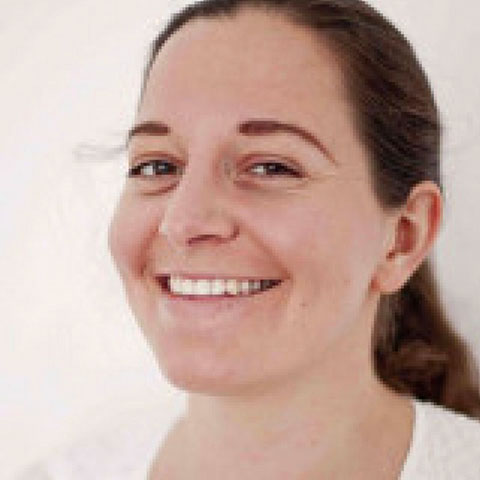KLI Colloquia are invited research talks of about an hour followed by 30 min discussion. The talks are held in English, open to the public, and offered in hybrid format.
Fall-Winter 2025-2026 KLI Colloquium Series
Join Zoom Meeting
https://us02web.zoom.us/j/5881861923?omn=85945744831
Meeting ID: 588 186 1923
25 Sept 2025 (Thurs) 3-4:30 PM CET
A Dynamic Canvas Model of Butterfly and Moth Color Patterns
Richard Gawne (Nevada State Museum)
14 Oct 2025 (Tues) 3-4:30 PM CET
Vienna, the Laboratory of Modernity
Richard Cockett (The Economist)
23 Oct 2025 (Thurs) 3-4:30 PM CET
How Darwinian is Darwinian Enough? The Case of Evolution and the Origins of Life
Ludo Schoenmakers (KLI)
6 Nov (Thurs) 3-4:30 PM CET
Common Knowledge Considered as Cause and Effect of Behavioral Modernity
Ronald Planer (University of Wollongong)
20 Nov (Thurs) 3-4:30 PM CET
Rates of Evolution, Time Scaling, and the Decoupling of Micro- and Macroevolution
Thomas Hansen (University of Oslo)
RESCHEDULED: 18 Dec (Thurs) 3-4:30 PM CET
Chance, Necessity, and the Evolution of Evolvability
Cristina Villegas (KLI)
8 Jan 2026 (Thurs) 3-4:30 PM CET
Embodied Rationality: Normative and Evolutionary Foundations
Enrico Petracca (KLI)
15 Jan 2026 (Thurs) 3-4:30 PM CET
On Experimental Models of Developmental Plasticity and Evolutionary Novelty
Patricia Beldade (Lisbon University)
29 Jan 2026 (Thurs) 3-4:30 PM CET
Jan Baedke (Ruhr University Bochum)
Event Details

Topic description:
Compared with other primates, childbirth is remarkably difficult in humans because the head of a human neonate is large relative to the birth-relevant dimensions of the maternal pelvis. It seems puzzling that females have not evolved wider pelvises despite the high maternal mortality and morbidity risk connected to childbirth. In this talk, I will discuss hypotheses for why evolution has not resolved this “obstetric dilemma”. I will present some new results indicating that there was adaptation to a certain degree: The dimensions of head, stature, and pelvis in a human body are linked in a complex way that was not recognized before and that contributes to ameliorate this tight fit. We found that females with a large head possess a birth canal that is shaped in a way to better accommodate large-headed neonates. I will furthermore discuss patterns of allometry and sexual dimorphism in the human pelvis as well as some unexpected interpopulation differences.
Biographical note:
Barbara Fischer is a postdoctoral fellow at the KLI since October 2015. She studied Mathematics and Biology at the University of Vienna, and then went on to pursue a PhD in theoretical biology at the University of Bern in Switzerland on the evolution of phenotypic plasticity. During her PhD studies she was also a research assistant at the International Institute of Applied systems analysis (IIASA) in Laxenburg. During her first post-doc at the University of Oslo she continued to work on topics in evolutionary theory and soon developed a specific interest in understanding how adaptation and constraint interplay in determining how phenotypes evolve. Her current main research interests revolve around the evolution of the human pelvis. She applies both theory and empirical approaches using morphological data in this work.


